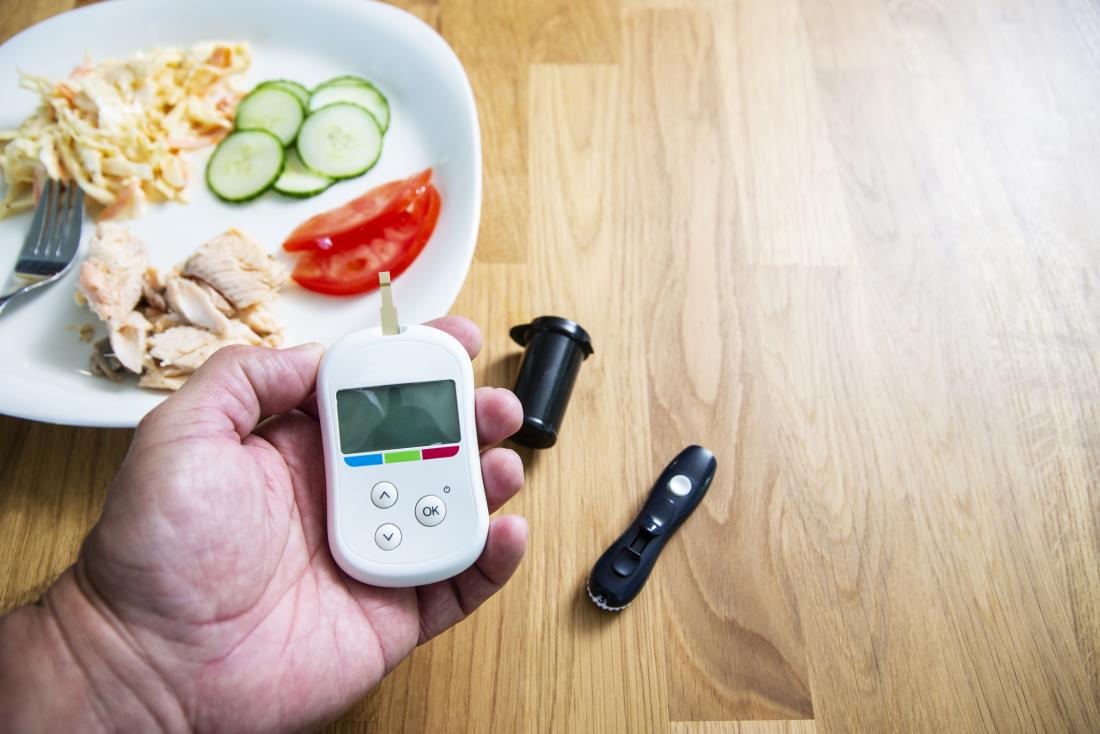If you have diabetes, worry not. Management of Diabetes Mellitus is possible with a healthy diet plan and medicines. If you can make disciplined choices in food and lifestyle, you can even reverse the disease and put it into remission. With a little help, you can live with diabetes like any other normal person. But first, you need to understand what kind of diabetes you are suffering from.
Types of diabetes
Before we learn how to reverse diabetes, we must understand what diabetes does to us. Diabetes Mellitus, known as diabetes, is a condition associated with an abnormally high level of sugar in a person’s blood. When food is broken down into sugar for absorption by the body, our pancreas releases a hormone called insulin. Put simply; insulin is a regulator. Just like the regulator adjusts the speed at which your ceiling fan circulates air, insulin adjusts the flow of sugar in the bloodstream depending on your energy requirement. When it malfunctions or the body fails to read its signals, your blood sugar goes up to unhealthy levels. Enters, diabetes mellitus.
The Centre for Disease Control and Prevention (CDC) identifies three types of diabetes. Besides Type-1 and Type-2 diabetes, there is gestational diabetes (diabetes during pregnancy). People with Type-1 diabetes are usually adolescents with impaired production of insulin. This is primarily a genetic condition.
People with Type-2 diabetes have developed ‘insulin resistance.’ They are detected with an inability to utilise glucose produced because of lifestyle choices. Of late, the term prediabetes has also been admitted as a condition that points to a person with borderline symptoms of the disease. Your management of Diabetes Mellitus will depend on the type of diabetes you are diagnosed with.
Healthy diet is the key
Since this chronic disease directly affects the pancreas and the digestive system, the right food at the right time can greatly alleviate the symptoms and can even show how to reverse diabetes. When you are diagnosed with diabetes or prediabetes, you have to be extremely careful with your food intake. Your blood sugar levels are already high, and eating food rich in sugar and cholesterol can damage the prospects of your recovery and end up affecting your vital organs such as the heart, kidneys, and the liver. If you want to know how to reverse diabetes and go drugs-free, keep reading this blog. Here is how a healthy diet can help you cut down on fats. The different approaches will also show you how to reverse diabetes.
- Diet plan: Prepare a diet chart that also helps you lose weight if you are obese. A diet plan brings discipline to your eating habits and keeps your blood sugar under control.
- Glycemic Index: Check for the Glycemic Index (GI) of the food that warns you of a possible spike in sugar level upon its intake. Always go for foods that have a low GI.
- Cut down on sugar: Added sugar to the diet is a complete no. You have to forego white sugar, carbonated drinks, colas, and food items that use sugar as preservatives.
- Up your fibre intake: Food items rich in fibre help in controlling blood sugar and managing weight. Your pancreas and stomach would be happy.
- Go for good carbs: Pick your carbs with care. Food such as whole grains and legumes offer quality carbs. The same is true of vegetables and fruits.
- What to avoid: Know what to avoid in food. Reduce or remove saturated fats, salt, cholesterol, and trans fats that are found in processed foods from your diet.
Medical approaches to treating diabetes
The treatment of two persons with the same type of diabetes can largely differ based on their blood sugar levels, lifestyle, and body weight. Here is how the different medical approaches help in the management of Diabetes Mellitus.
- Lowering the A1C: Some drugs bring down the blood glucose over a 3-month period (A1C). The A1C should for normal sugar levels is less than 5.7%. If blood sugar is more than 6.5%, it is abnormal.
- Insulin shots: Insulin shots are administered as a last resort to people whose bodies do not produce the hormone. Those suffering from Type-1 diabetes may regularly need an insulin shot.
- Simulating the pancreas: Drugs that help the pancreas increase production of insulin are prescribed so they can synthesise enough insulin to regulate blood sugar.
- Enzyme blockers: Your carbs are converted into glucose by enzymes. Some drugs discourage these enzymes from converting carbohydrates into sugar, thereby bringing down blood glucose levels.
- Breaking insulin resistance: Most persons with Type-2 diabetes are resistant to insulin. Even when their body is releasing insulin, it does not respond to its regulation. These medicines help your body absorb glucose to the desired levels.
Move your body
Besides a balanced diet and medication, keep your body agile. With regular exercise, you can cut down on fats and even reverse your diabetes. People have successfully done it and are leading normal lives without any medicines. Discipline in food and maintaining an ideal weight (even jogging around your nearby park) can play a vital role in the management of Diabetes Mellitus, and even help reverse it.


 Home
Home








